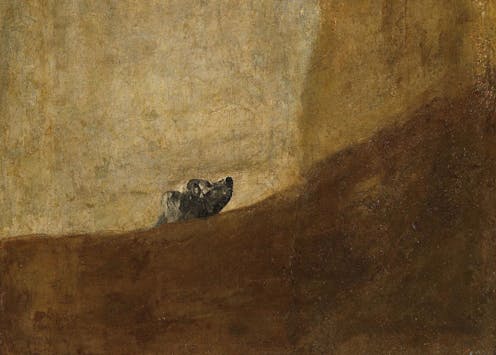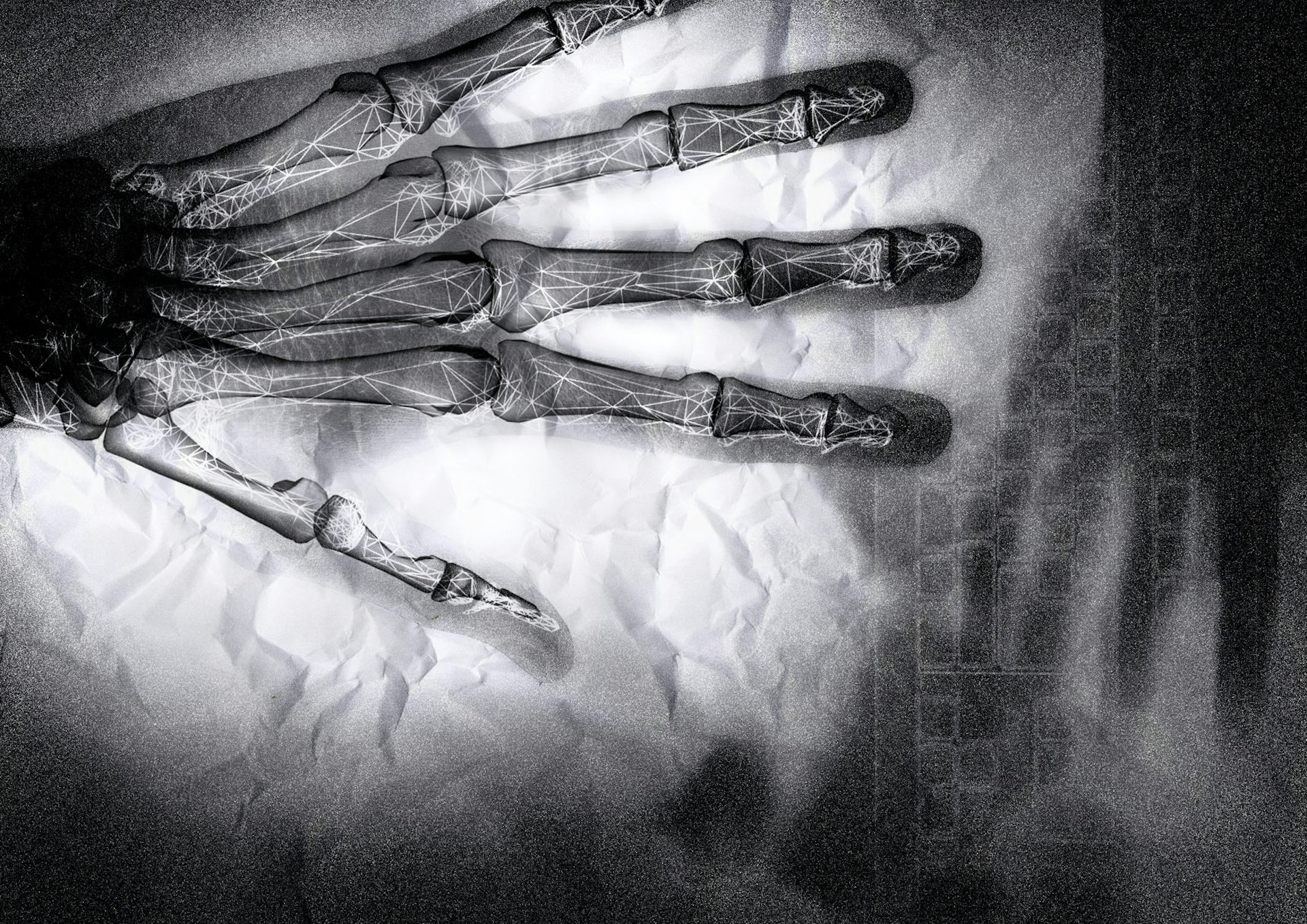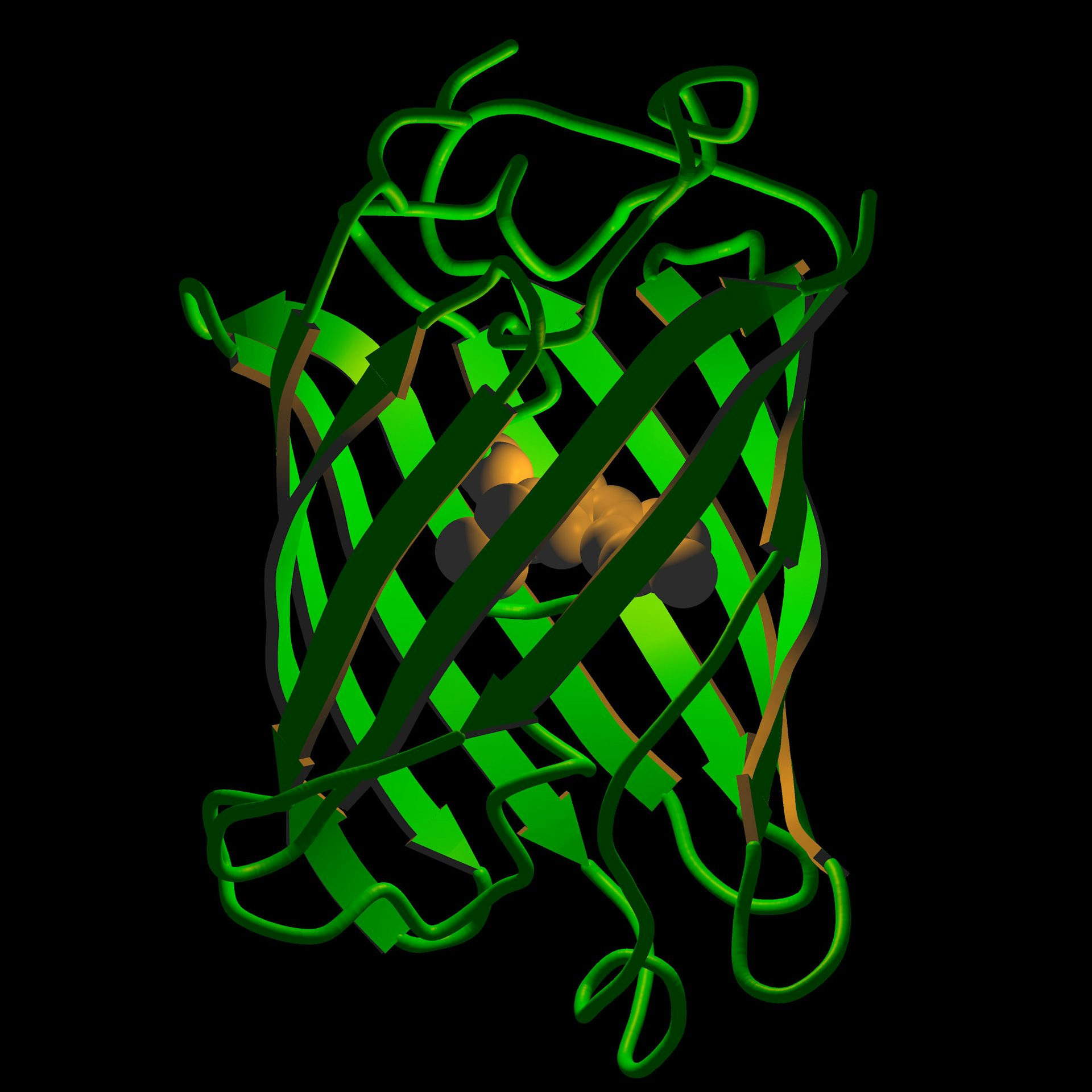The rise of modern loneliness: 4 essential reads
As people have grown closer and more connected, the old definition of loneliness slipped away – and a new one has emerged.

Editor’s note: As we come to the end of the year, Conversation editors take a look back at the stories that – for them – exemplified 2018.
In early December, The Wall Street Journal published a feature titled “The Loneliest Generation.”
“Baby boomers,” the article notes, “are aging alone more than any generation in U.S. history, and the resulting loneliness is a looming public health threat.”
The irony is that – in the midst of this loneliness crisis – we’re closer and more connected than ever before. Americans are moving to cities in record numbers, while internet use and smartphone ownership continue to grow.
What’s going on? Shouldn’t trends that ostensibly connect people and bring them closer together mitigate, not exacerbate, loneliness?
The way the meaning of loneliness has shifted – from physical solitude, to psychological isolation – could offer some clues.
1. To stray ‘far from neighbours’
When researching the Romantic poets, Amherst College English professor Amelia Worsley discovered that the concept of loneliness didn’t emerge until the late-16th century. It was first used to describe the dangers of straying too far from society – to surrender the protections of town and city and enter the unknown.
To be lonely, according to one 17th-century glossary, was to be “far from neighbours.”
2. New World loneliness
As the first European explorers left their neighbors and ventured across the Atlantic, they didn’t know what they’d find. What awaited them in the New World, University of Southern California historian Peter Mancall writes, was left to the imagination: creatures with heads in their chests, brutes with a single, massive leg and cyclops.
The Pilgrims didn’t encounter any of these monsters. But according to William Bradford, the first governor of Plymouth Colony, they nonetheless needed to contend with “a hideous and desolate wilderness, full of wild beasts and wild men.”
While they had God and they had each other, there wasn’t much else. A Native American raid could wipe out the entire settlement; a single strain of disease could kill off the whole group.
They were – in the earliest sense of the word – unbearably lonely.
3. The wilderness of the web
The Pilgrims, due to a combination of luck and skill, survived. Others soon joined them. Land was cleared, streets were laid and a country was built.
Over the centuries, as people grew closer and more connected, the old definition of loneliness slipped away.
“Modern loneliness,” Worsley writes, “isn’t just about being physically removed from other people. Instead, it’s an emotional state of feeling apart from others – without necessarily being so.”
Much of this new form of loneliness seems connected to another world – cyberspace – that opened up at the end of the 20th century.
Like the vast, untouched forests of the New World, the wilderness of the web can be imposing, unsparing and lawless. While there might not be literal monsters, trolls pounce, hackers lurk, governments spy and corporations glean data from your messages, searches and purchases.
What – and who – can be trusted?
4. A sea of information
Yes, all of human knowledge is at our fingertips. But this has created another problem unique to the internet age: information overload.
University of Nevada, Las Vegas sociologist Simon Gottschalk spent a decade studying the social and psychological effects of new information and communication technologies.
“Our devices constantly expose us to a barrage of colliding and clamoring messages,” he writes. The unending stream of alerts and pings “deteriorates how we approach our everyday activities, deforms how we relate to each other and erodes a stable sense of self. It leads to burnout at one end of the continuum and to depression at the other.”
The overwhelming sea of information creates a sense of being unmoored – tugged in one direction by tweets and advertisements, spun in another by breaking news alerts and email notifications.
At the mercy of these forces, exposed to exploitation, unsure of whom to trust, it’s difficult not to feel small, to feel helpless – to feel alone.
Read These Next
Artists and writers are often hesitant to disclose they’ve collaborated with AI – and those fears ma
Whether they’re famous composers or first-year art students, creators experience reputational costs…
50 years ago, the Supreme Court broke campaign finance regulation
A gobsmacking amount of money is spent on federal elections in the US. The credit or blame for that…
1 protein to rule them all – why crowning the protein that makes jellyfish glow green as a model can
Researchers have been studying tens of thousands of proteins and even more variations without a yardstick…






